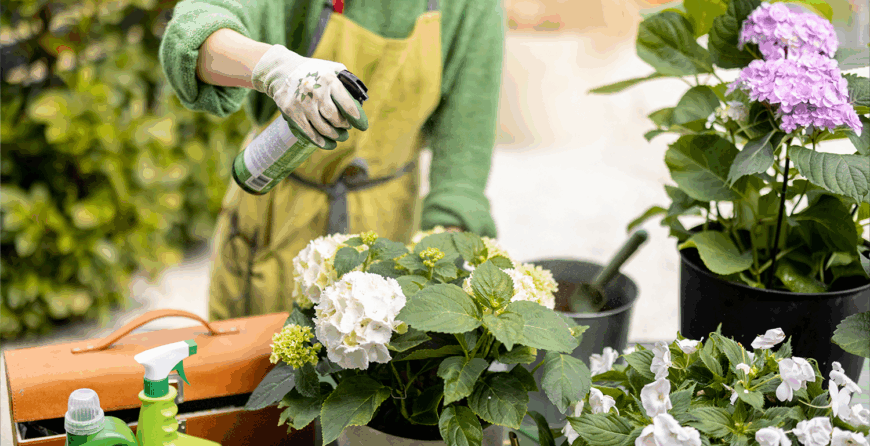Healthy plants create a vibrant garden, but maintaining that health requires attention to several essential care practices. This post will guide you through the fundamental aspects of plant care to ensure your garden thrives throughout the seasons.
- Watering Techniques:
Proper watering is one of the most critical aspects of plant care. Overwatering or underwatering can lead to stress, disease, and even death of your plants. As a general rule, most plants need about 1 inch of water per week, but this can vary based on the plant type, soil conditions, and weather. Water in the early morning or late afternoon to minimize evaporation. Always check the soil moisture by sticking your finger about an inch deep into the soil; if it feels dry, it’s time to water. - Sunlight Requirements:
Every plant has specific sunlight preferences, ranging from full sun to partial shade. Familiarize yourself with the sunlight needs of your plants and adjust their location if necessary. Monitoring sun exposure will help you determine if a plant needs to be moved to a sunnier spot or if it requires protection from excessive light. - Soil Health:
Soil is the foundation of your garden. Ensure that it’s rich in organic matter and well-draining, which helps prevent root rot. Conducting annual soil tests allows you to understand its pH levels and nutrient content. Amending your soil with compost, peat moss, or other organic materials can improve its fertility and structure. - Fertilization:
Plants often require additional nutrients, especially during their growing season. Choose the right fertilizer—be it organic or synthetic—based on your plants’ specific needs. Follow the recommended application rates as over-fertilizing can cause harm. A slow-release fertilizer may provide a steady supply of nutrients over time. - Pest and Disease Management:
Regularly inspect your plants for signs of pests or diseases. Early detection is key to managing issues before they escalate. Consider using organic pest control methods to protect beneficial insects and minimize chemical exposure. Crop rotation and companion planting can also help deter pests and improve plant health.
By integrating these essential plant care practices into your gardening routine, you can cultivate a flourishing garden that delights the senses and provides enjoyment for years to come. Doctor Green Lawn Care is here to assist you in your gardening endeavors, ensuring that your landscape remains healthy, vibrant, and thriving.


